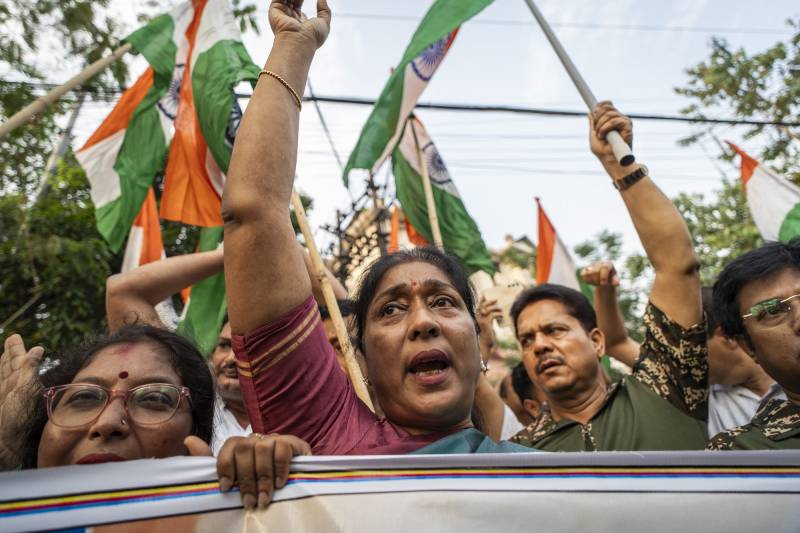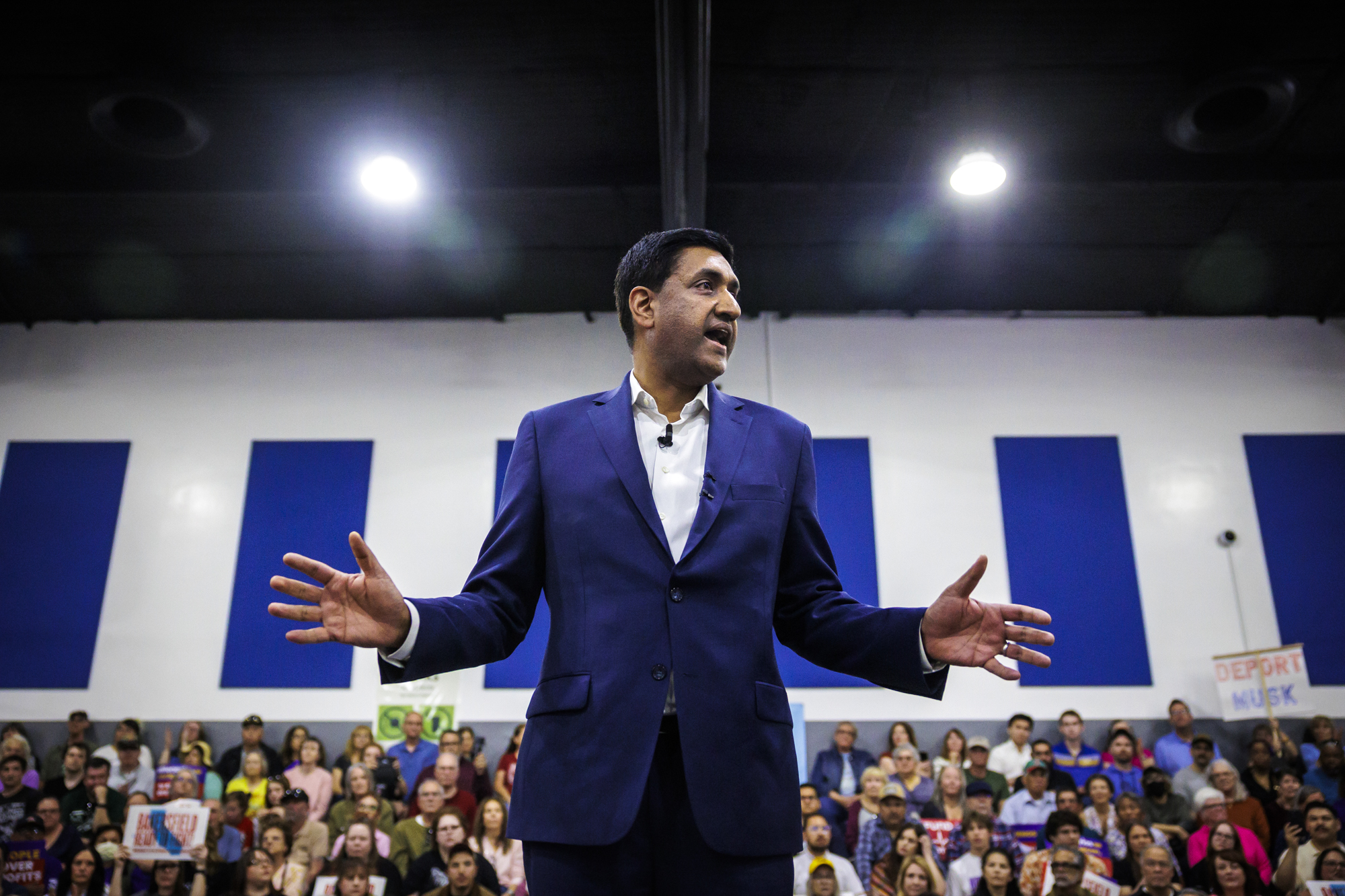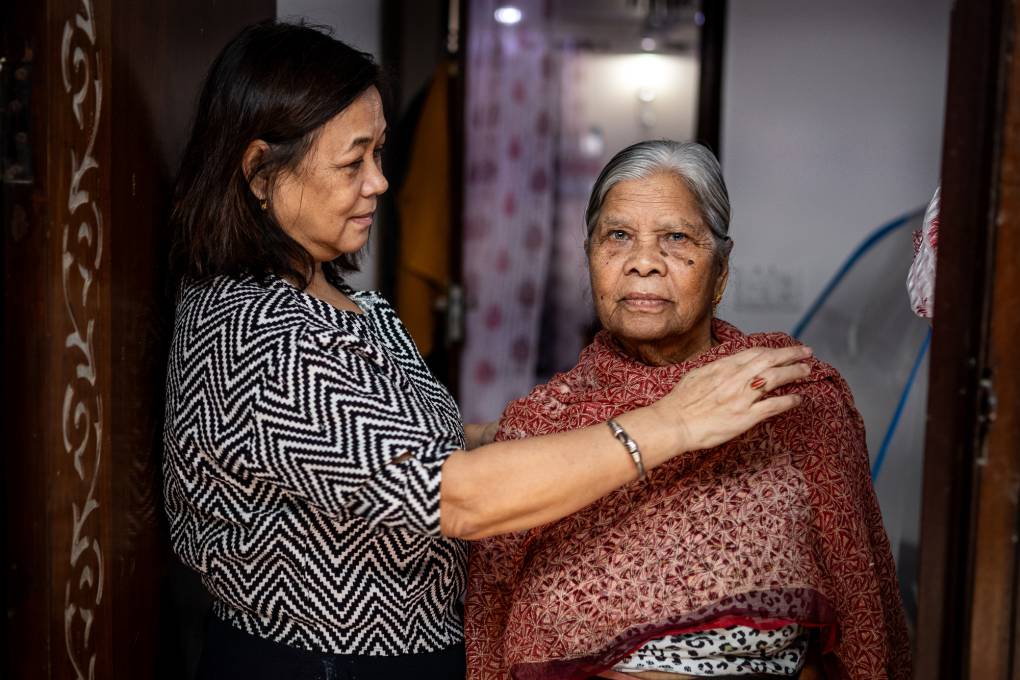“There’s just a lot of anxiety and fear of what’s to come,” said Anu Mandavilli, an organizer with the Alliance of South Asians Taking Action. “[Both countries] also have huge armies, both have nuclear arms, so it’s very scary to think that … there’s going to be one more war between these two countries.”
India and Pakistan started developing and testing nuclear weapons in the late 20th century. According to estimates from the Stockholm International Peace Research Institute, both countries have about 170 missiles each.
Mandavilli said, while some Bay Area residents from India are still angry from the attacks and are “cheering on this war,” many people are calling for peace. She said, residents within India and Pakistan may hear inflammatory rhetoric from political parties there, but members of the diaspora do not necessarily share those sentiments.
“In the diaspora, when you actually meet people from the other country, you have an opportunity to actually get to know them and … dream of peace,” she said. “We are so alike. Whether it’s the food, the clothing or the language or the culture, values — there is so much that is similar … The diasporas have a role in building solidarity with each other’s communities.”
In a statement to KQED, Zahra Billoo, executive director for the San Francisco Bay Area office of the Council on American-Islamic Relations, said that many residents are checking in with family members in Pakistan, India and Kashmir, and were praying for safety and peace.
“We continue to monitor developments closely and urge elected officials to support de-escalation, accountability and the protection of civilians,” she said.



